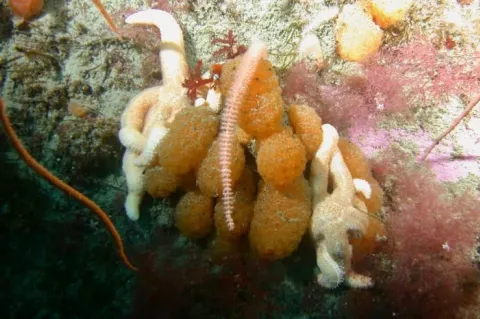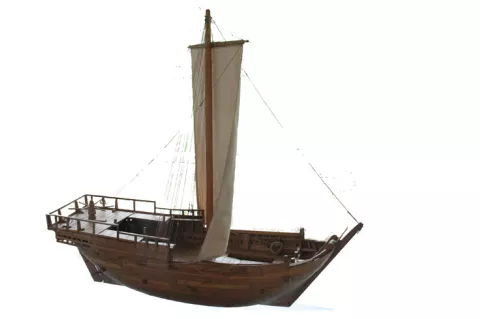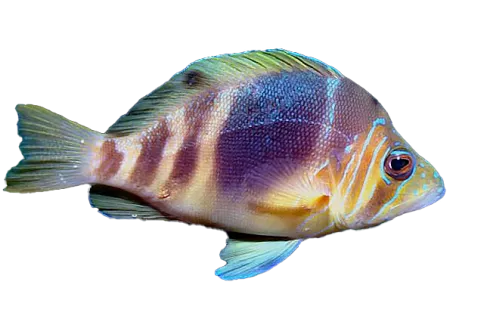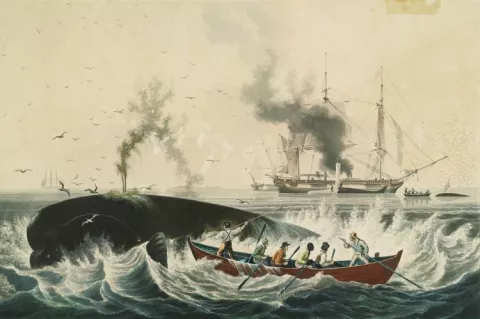Possible cancer drug discovered in a sea squirt
A naturally produced melanoma-fighting compound called "Palmerolide A" has been found in a microbe that lives in Synoicum adareanum, a species of ascidian common to the waters of Antarctica's Anvers Island archipelago, where it grows in small colonies.
Ascidians, or "sea squirts," are primitive, sac-like marine animals that live attached to ocean bottoms around the world, and feed on plankton by filtering seawater.





